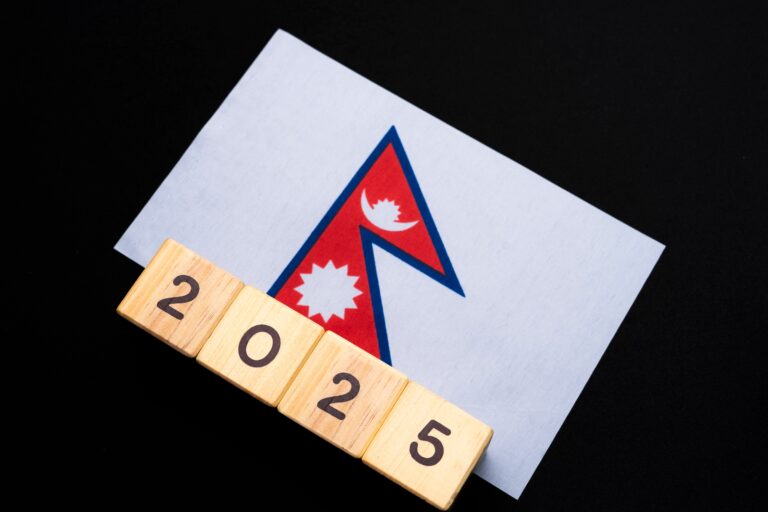Anton Ambrose leads Public Policy and Regulatory Affairs for inDrive in the Asia Pacific region. He has over 20 years of experience in policy work across Asia, the Middle East, and Africa. Anton specializes in handling complex regulations and supports policies that encourage innovation and growth for all.
In this interview, Anton discusses the ride-hailing industry in Nepal, the challenges it faces, and potential solutions.
How does inDrive plan to work with Nepal’s rules for ride-hailing services?
At inDrive, we believe in open dialogue. Our goal is to engage with everyone involved. We understand that strong rules are essential for a healthy ride-hailing industry. With our presence in 48 countries, we’ve gained experience in adapting to different rules worldwide.
We aim to collaborate with local authorities and key groups in Nepal. Together, we can help shape rules that meet the country’s transport needs. This exchange of ideas will allow us to tailor our approach to Nepal’s unique market. We believe this will benefit not just inDrive, but also the drivers, passengers, and the broader community.
What challenges do you expect in Nepal, and how will you address them?
The main challenge we see in Nepal is the lack of clear rules for ride-hailing services. At the moment, there are no specific rules for platforms like inDrive. This uncertainty can slow the growth of the industry and prevent new ideas from emerging.
However, this challenge also presents an opportunity. We want to help create fair and effective rules. Our goal is to work with government officials, transport regulators, and driver groups to create a framework that is fair for everyone. By doing this, we can support the growth of the industry and ensure that inDrive operates sustainably in Nepal.
How does Nepal’s 70:30 rule impact inDrive’s business?
The 70:30 foreign investment rule in Nepal is a significant challenge. It restricts foreign ownership, making Nepal less attractive to international investors. In countries like India, the investment environment is more flexible, which allows businesses to grow more easily.
Investors generally prefer markets with fewer regulations and more openness. When a country imposes strict rules like the 70:30 rule, it becomes harder to attract foreign businesses. This can be confusing, especially when the government stresses the need for foreign investment but enforces policies that limit it.
We believe in fostering dialogue with policymakers to find a balanced solution. We hope that by working together, we can help make Nepal more attractive to global businesses and investors.
Could this rule hurt the availability of drivers in Nepal?
Yes, the 70:30 rule could make it more difficult to attract enough drivers for inDrive. The rule limits how we can allocate resources, which affects our ability to grow and meet demand.
Predictable and stable rules are crucial for businesses. When regulations change unexpectedly, it becomes harder to make long-term investments. If the rules stay consistent, it will allow businesses to plan for the future and invest more confidently.
What changes would you suggest to improve the industry?
To foster growth in the ride-hailing industry, we suggest more collaboration between the government and businesses. Open communication is key to creating an environment where both sides can meet their needs.
Additionally, we believe that public-private partnerships can benefit the industry. Many countries have used these partnerships to successfully improve their transport sectors. By adopting similar approaches, Nepal can create a stronger, more sustainable transport system.
For updates in business related news, tune into Nepal Monitor.


